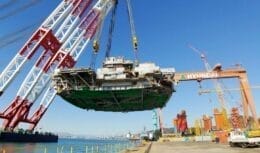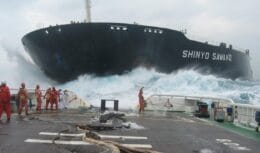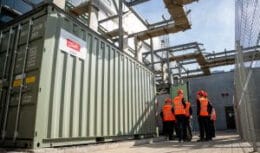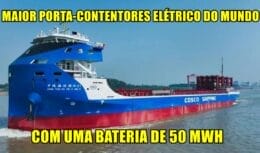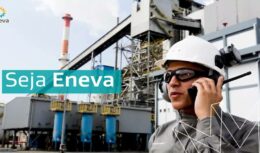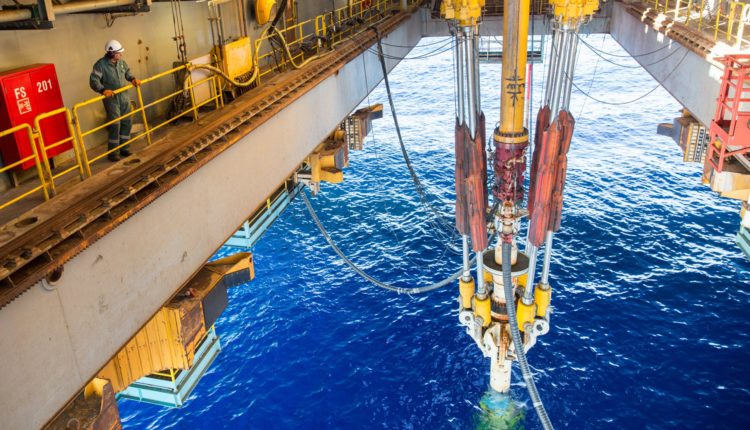
About 40 billion liters of “petroleum water” are generated daily. It would be possible to generate 8 billion liters of methanol and 50 million liters of ethanol.
Brazilian researcher Juliana Ferreira de Brito has managed to transform one of the residues from oil production, called petroleum water, into ethanol and methanol. The discovery brings economic, social and environmental benefits. Understand how a drillship works and how it is possible to reach subsea oil wells
Read also
- Locar opens new offshore selection process; on this day vacancies are for seafarers
- Selection process at the powerful Shell invites all young high school professionals in Rio
- New Leader Aviation selection process demands many job openings for Rio de Janeiro, Macaé and other regions
The focus of Juliana's doctoral thesis at Unesp (State University and São Paulo) was to discover a clean way to treat petroleum water, reducing the carbon dioxide (CO2) generated in this process. And, at the same time, obtain ethanol, a fuel that emits less pollutants.
In addition to ethanol, the researcher also managed to develop methanol, a more restricted fuel, due to its toxicity in contact with the skin or if consumed.
According to ANP, the technical name for “petroleum water” is process or production water, which is injected into the oil reservoir in order to force the oil out of the rock.
In the research carried out by Juliana, the experiments were divided into two compartments, however carried out in the same reactor, which reduces energy expenditure.
In the first compartment of the reactor it was able to treat 70% of the most resistant contaminant found in petroleum water composition, an aromatic compound known as benzyl alcohol. For every 100 liters of petroleum water, 70 are treatable.
Juliana states that “This water cannot be reused for consumption, but it can be reused in the oil extraction process itself, without having to get new sea water. The water can be treated on the platform and reused, in a closed cycle, without using more water. Petroleum water is very toxic, it is difficult to just dilute it in sea water and discard it”.
The reduction of CO2 for fuel production took place in the other compartment of the reactor. It was possible to generate 20 liters of ethanol and 1,3 liters of methanol with 100 liters of water.
For the researcher, the only way to arouse the industry's interest in treating the waste before discarding it is by giving it an economically attractive destination.
“The industry is not going to reduce production, there is no way to look at the residue today with a villain, which we will manage not to produce. We have to see waste as a source of something else. The objective is to achieve, from an inevitable residue, something economically and socially interesting”, said Juliana.
“The industry is not interested in treating waste when it is just expensive, it does not generate anything in return. But the sugar cane and alcohol industry achieved something interesting: the bagasse, which is the residue generated, is burned to produce energy. For the industry, the residue has to have some economic return”, said the researcher, citing the alcohol industry as an example, which makes profitable use of its residues.
About 40 billion liters of “petroleum water” are generated daily. If all this amount were used, it would be possible to treat 28 billion liters daily and generate 8 billion liters of methanol and 50 million liters of ethanol.

